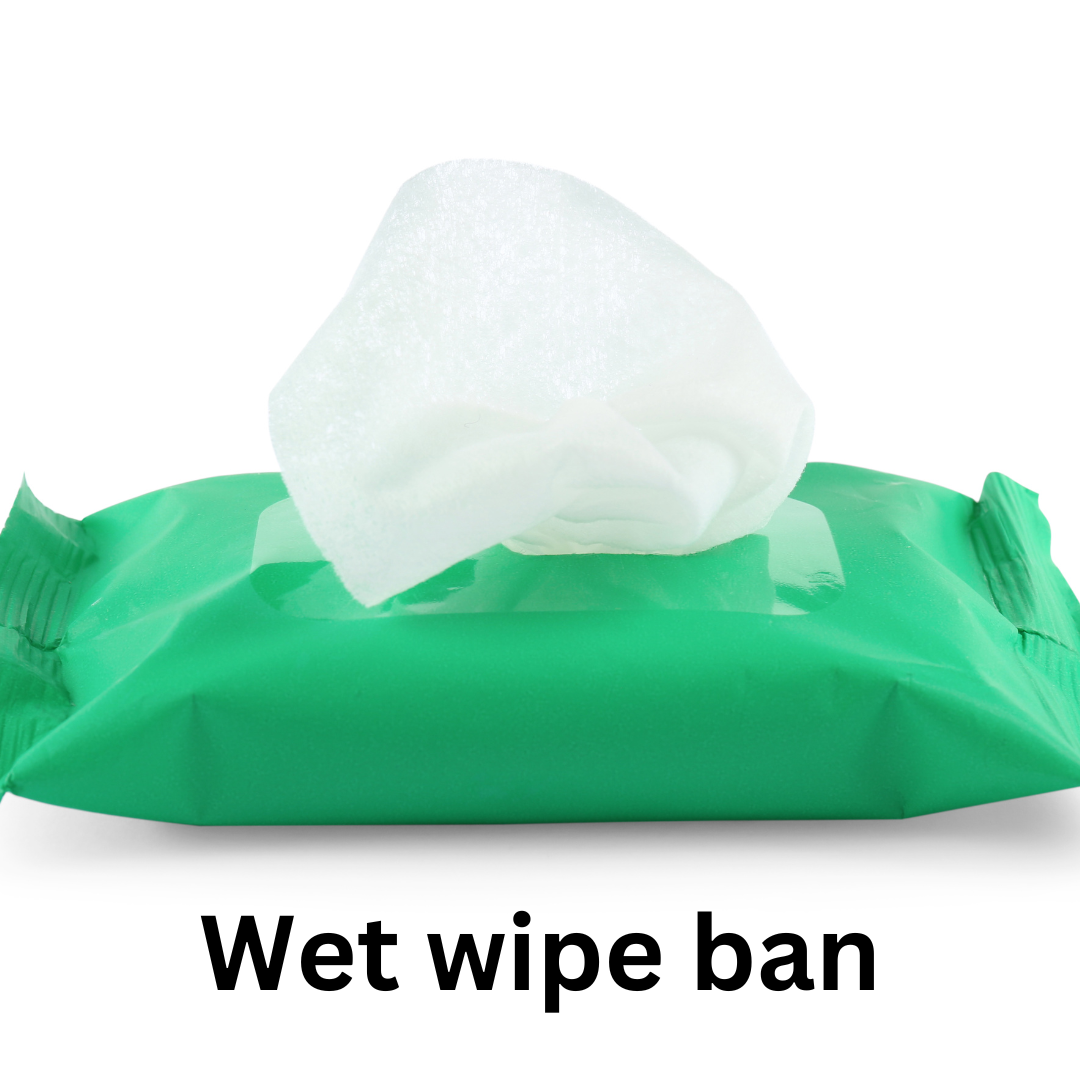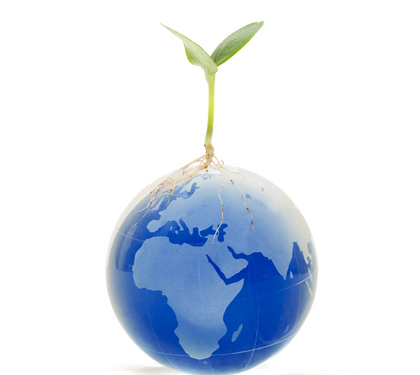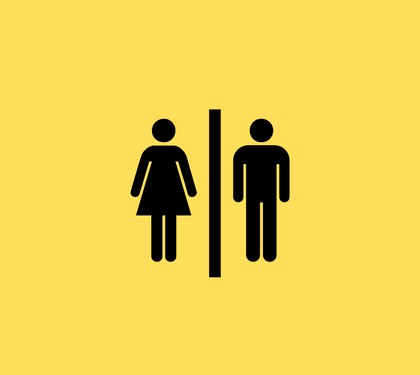In a significant move towards environmental sustainability, the government announced yesterday a ban on certain types of plastic wet wipes. This decision marks a crucial step in tackling the growing issue of single-use plastics and their detrimental impact on our planet. But what exactly does this ban entail, and why has it been put into effect?
What Types of Wet Wipes Are Included in the Ban?
The ban targets plastic-based wet wipes, particularly those made with non-biodegradable materials. These include:
Disposable Baby Wipes: Often made from a combination of plastic fibres and synthetic materials, traditional baby wipes have been a staple in many households. However, their convenience comes at a cost to the environment.
Cosmetic Wipes: Used for makeup removal and skincare, many cosmetic wipes contain plastic fibres that are non-biodegradable, contributing to plastic pollution.
Cleaning Wipes: Commonly used for household cleaning tasks, such as wiping surfaces or cleaning spills, these wipes often contain plastics that do not break down easily in the environment.
Reasons Behind the Ban
Environmental Impact: The primary motivation behind the ban is to address the significant environmental impact of plastic wet wipes. Unlike toilet paper, which disintegrates quickly, wet wipes contain synthetic materials that can persist in the environment for years, clogging sewer systems, polluting waterways, and harming marine life.
Microplastic Pollution: Plastic wet wipes break down into microplastics over time, further exacerbating the global microplastics crisis. These tiny particles infiltrate ecosystems, posing a threat to marine organisms and potentially entering the food chain, with potential health implications for humans.
Sewage System Strain: Flushing wet wipes down the toilet is a common practice, but it wreaks havoc on sewage systems. Wet wipes do not disintegrate like toilet paper, leading to blockages and costly repairs for municipalities. By banning plastic wet wipes, the government aims to alleviate the strain on sewage infrastructure and reduce maintenance costs.
Promotion of Sustainable Alternatives: The ban also serves to encourage the adoption of eco-friendly alternatives to plastic wet wipes. Manufacturers are encouraged to develop products that are biodegradable, compostable, or reusable, reducing reliance on single-use plastics and minimising environmental harm.
What You Can Do
Choose Alternatives: Opt for reusable, biodegradable or compostable alternatives to traditional wet wipes. Look for products labeled as environmentally friendly and avoid those containing plastic fibres.
Practice Responsible Disposal: If you must use wet wipes, dispose of them properly in the bin rather than flushing them down the toilet. This simple action can prevent blockages in sewage systems and reduce plastic pollution in waterways.
Support Sustainable Brands: Vote with your wallet by supporting brands that prioritise sustainability and offer eco-friendly alternatives to plastic wet wipes such as FreshX, Green Face Co and Little Gubbins.
By choosing products from responsible manufacturers, you can contribute to positive environmental change.
Spread Awareness: Share information about the environmental impact of plastic wet wipes with friends, family, and communities. By raising awareness, you can inspire others to make informed choices and join the movement towards a more sustainable future.
In conclusion, the government's announcement of a ban on plastic wet wipes underscores the urgent need to address the environmental consequences of single-use plastics. By understanding the specifics of the ban and its underlying reasons, consumers can play a vital role in reducing plastic pollution and protecting our planet for future generations. Let's embrace sustainable alternatives and work together towards a cleaner, healthier environment.
Visit out shop for a range of sustainable alternatives to plastic wet wipes.



